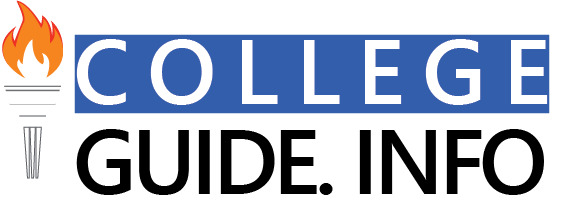





10 Interesting Facts about Touro University
- Founding: Touro University was established in 1971 in New York City as a Jewish-sponsored educational institution with a focus on providing education in the health sciences.
- Touro College and University System: Touro University is part of the Touro College and University System, a network of institutions offering a diverse range of programs in various disciplines.
- Locations: Touro University has multiple campuses across the United States, with locations in California, Nevada, New York, and elsewhere.
- Health Sciences Focus: Many Touro University campuses have a strong emphasis on health sciences education, offering programs in osteopathic medicine, pharmacy, nursing, public health, and other related fields.
- Osteopathic Medicine Programs: Touro University is known for its College of Osteopathic Medicine (COM), providing training in osteopathic medicine with an emphasis on patient-centered care.
- Pharmacy Programs: Some Touro campuses house Colleges of Pharmacy, offering Doctor of Pharmacy (PharmD) programs.
- Interdisciplinary Approach: Touro University emphasizes an interdisciplinary approach to education, fostering collaboration across different healthcare professions.
- Commitment to Diversity: Touro University is committed to fostering a diverse and inclusive learning environment, welcoming students from various backgrounds and cultures.
- Global Health Programs: Some Touro University campuses offer programs and initiatives focused on global health, providing students with opportunities for international experiences and collaborations.
- Community Engagement: Touro University campuses often engage with their local communities through outreach programs, healthcare services, and community partnerships.
Touro University Admissions
Touro University Acceptance Rate: 77%
| SAT Score | — |
| ACT Score | — |
| Application Fee | $50 |
| SAT/ACT | Considered but not required |
Touro University Tuition
| Associate | Bachelor’s | Master’s | Doctorate |
| $400/credit | $400/credit | $500/credit | $700/credit |
Programs
Arts
Web Page and Digital Design
Business
Accounting
Banking and Finance
Business
Finance
Human Resources
Management Sciences and Information Systems
Marketing
Education
Education
Special Education and Teaching
Health Professions
Foods, Nutrition, and Wellness Studies
Health Service Preparatory Studies
Nursing
Occupational Therapist Assistant
Physical Therapy Technician
Physician Assistant
Radiologic Technician
Speech Language Pathology
Humanities
Communications
Community Organization and Advocacy
Economics
English
Global Studies
Graphic Communications
History
Human Services
Liberal Arts and Humanities
Literature
Minority and Ethnic Studies
Paralegal
Political Science and Government
Psychology
Religious Studies
Social Science Research Methods
Social Sciences
Sociology
Science, Technology, and Math
Biology
Chemistry
Computational and Applied Mathematics
Computer Programming
Computer Science
Information Science
Mathematics
Network, Database, and System Administration
Trades and Personal Services
Business Support Services
Communications Technicians
Enrollment
Full-Time Enrollment
3,349 Undergrads
Part-Time Undergrads
1,830

